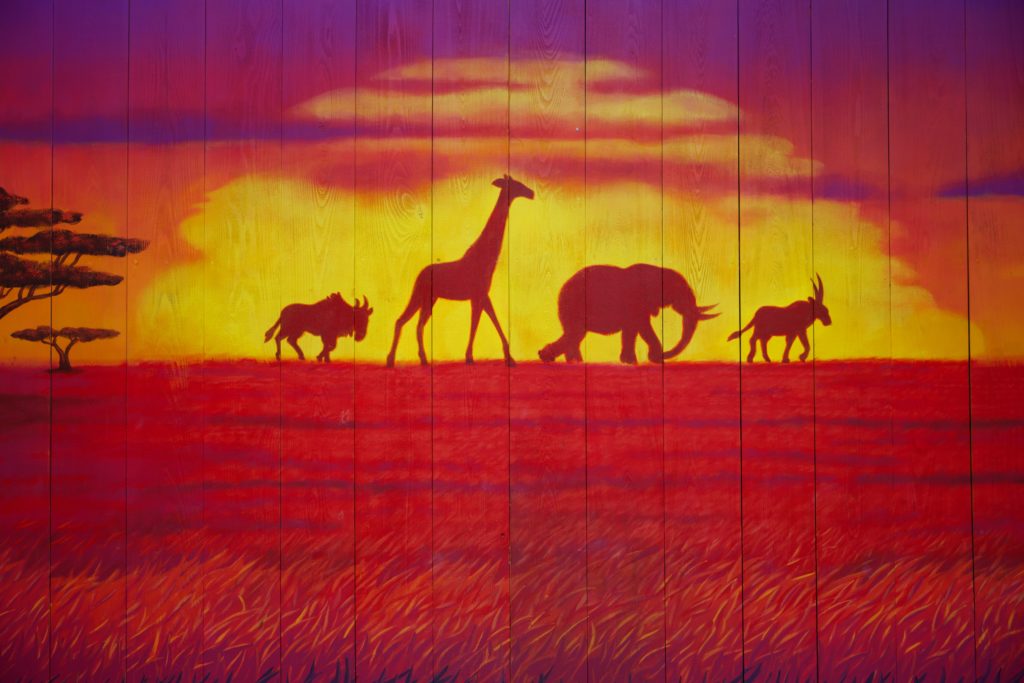When we look at our nationality as South Africans, it’s easy to focus on both of those words in their entirety, and not always focus on the latter word itself, writes Cape {town} Etc’s Ashleigh Nefdt. I will say that I do think we often forget the African part that our ID cards read. When you think about it, we are the only country in Africa that actually has the ‘African’ word literally woven into our titled identity.
So what does it mean to be a South African, African, to me?
We’re living in the post-independence era of Africa’s growth, and I think more than ever it’s important to reflect on our place when inspiring and promising that growth a forward path. I cannot speak for the whole of Mzanzi, but I can speak for myself, as a young member of the continent and as a female member of the continent.
Learn more
The first thing that comes to my mind given my place on African soil, is honestly responsibility. The first responsibility I think we have is educating ourselves on our continent’s history, achievements and lessons. I think it’s about waking up to certain knowledges, or furthering the knowledge we do have. Understanding that the narrative we may have been given isn’t always the truth. Western-narratives have created a lot of inaccuracies. Not everyone has the option to get a full on qualification in African Studies. I recognise my privilege in light of tertiary education. But there are a lot of ways to learn about African history that isn’t actually told by non-African countries.
African Literature
For real, there are so many literary works that speak to African experiences that are just beautiful! Purple Hibiscus, Voices of Our Land or Nervous Conditions are some great reads. Also, Half of a Yellow Sun is a gorgeous read. These are not necessary historical works, but they do speak to the lived experiences of African people.
View this post on Instagram
Reading up on African history, listening to podcasts or watching YouTube videos about it, is also important for me, or anyone trying to learn more. There are a lot of free lectures on certain subjects that you can type into YouTube’s search bar for example. Want to know why a lot of African countries have so much tension between each other? There’s a great Youtube video right here for just that. Or maybe you want to know what the African Renaissance actually means? There are literal clips from university lectures on just that. Always check your sources though!
Taking Pride in African creations
Africa’s contributed a lot to the world (you can read more about that here), although not always willingly. For me, celebrating what the continent has created, is an important part of being, well part of it. And to look at what we are creating! I mean there are so many incredible fashion designers that are African, and South African who need way more credit.
View this post on Instagram
Supporting local African businesses, or products that endorse the continent
Additionally, being a member of the continent also means directly supporting what is created here and relying less on imports. Obviously I’m only one person, but I do believe it’s the small things, like supporting Proudly South African products for example, or ordering goods from African based businesses that can make a difference that contributes toward Africa for Africans. Even if it’s just skin care products from small local businesses, or beautiful Afrocentric themed makeup pallets from Juvia’s place that raise beautiful attention for Africa.
View this post on Instagram
Being socially conscious of cultural appropriation
Celebrating African culture and products, and cultural appropriation are two very different things. I’m not a black person, and I’m also not trying to culturally appropriate. For me that means actually investigating cultural appropriation and checking myself. It’s also very important for me to check my privilege and understand that there are just some things I cannot relate to because I have not experienced the same thing. That doesn’t mean I can’t listen or try to understand. It just means not relating the situation to myself or my experiences.
Supporting movements to improve the continent
Whether it’s spreading awareness on social media, or pledging to campaigns, movements are meant to spur things forward. I openly talk about my views that gender-based violence in Africa is rife, and in order to help improve the continent, I do believe that being part of the fight against GBV is a huge step. Learning and educating others on these matters is also a part of the process in my own opinion.
View this post on Instagram
Having conversations that showcase my belief in the continent
Talking to some people from older generations, or even my own generation when it comes to some social issues to do with our continent and country isn’t always easy. For me, being proudly African means standing up for what I believe in and educating myself where I can. It’s calling matters out, it’s not simply saying “they were just from a different time”, it’s about checking my privilege as a white South African, and it’s about understanding that the power is in our own actions. I believe a lot of positive change is possible for the continent now more than ever, and that’s a belief that I hold close to my heart.
Picture: Unsplash

